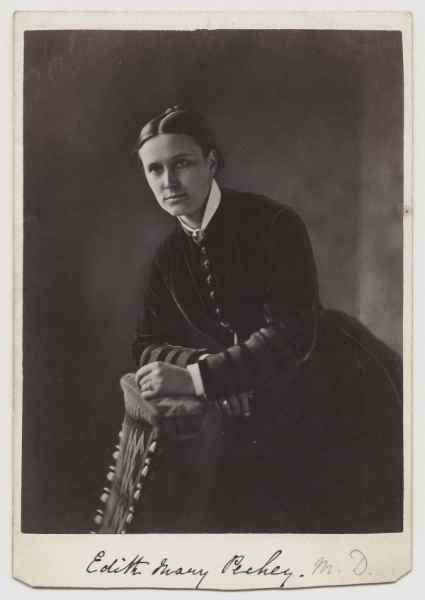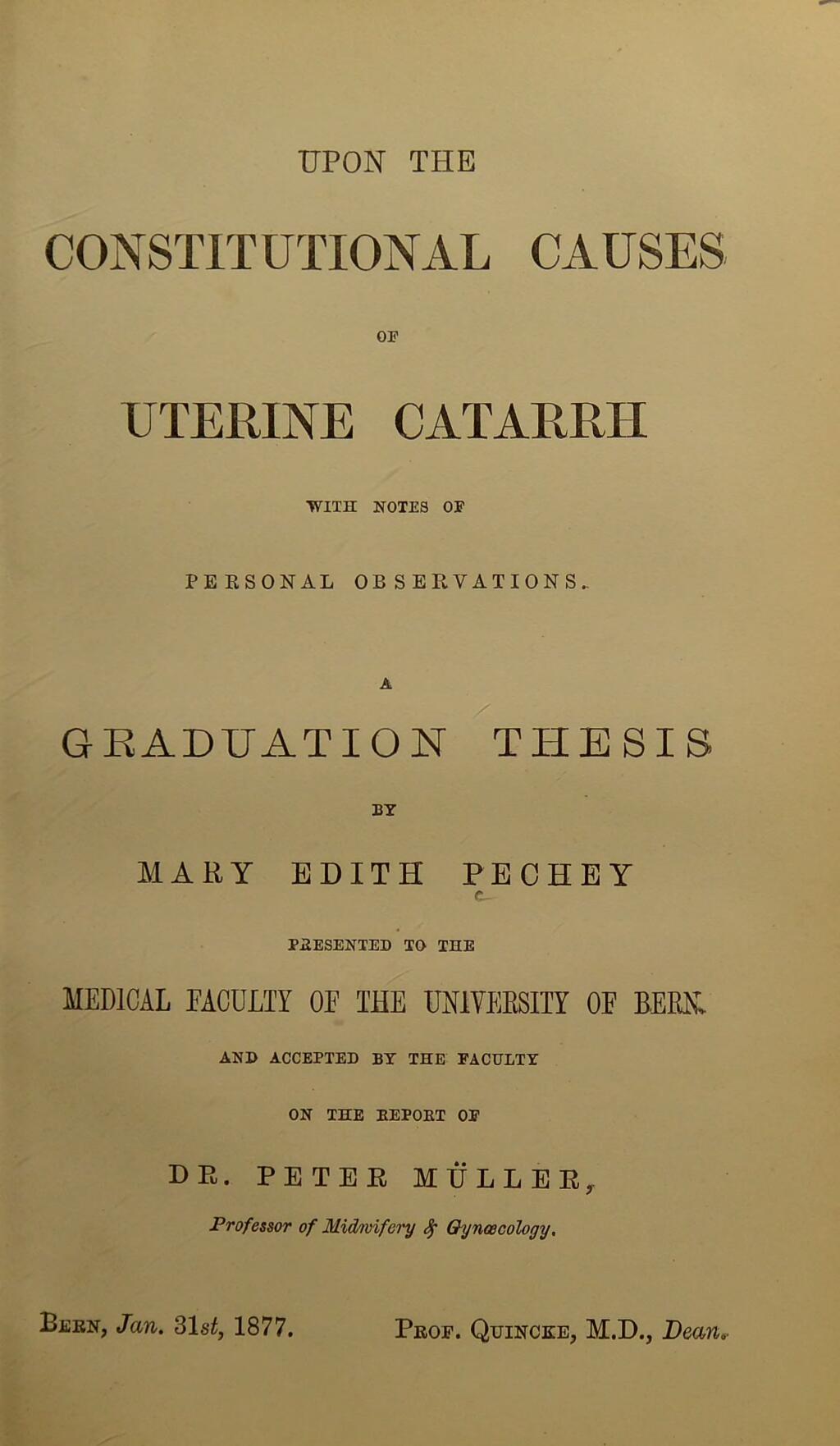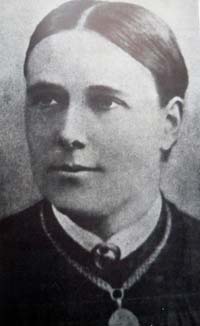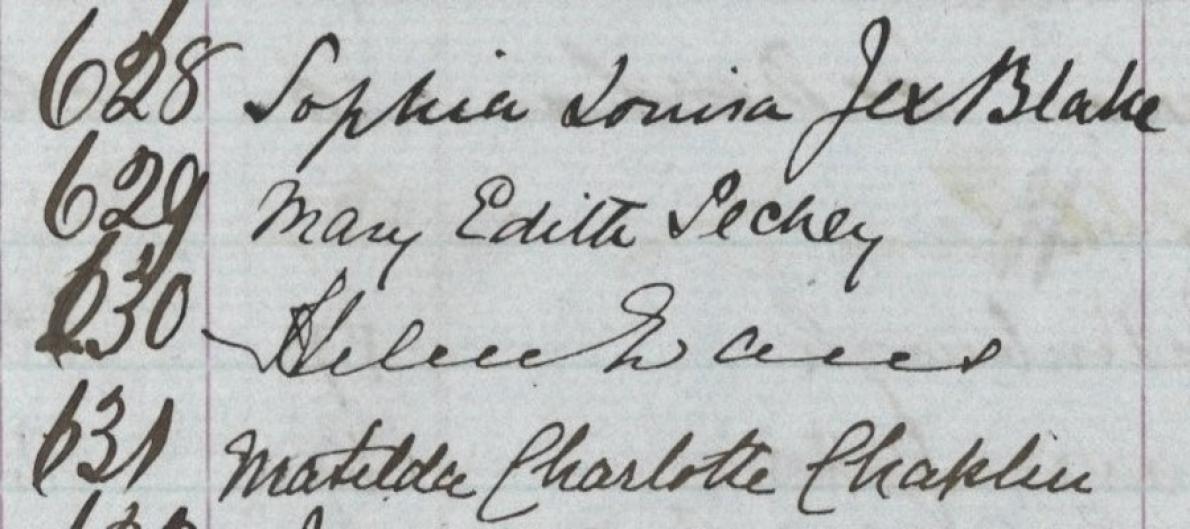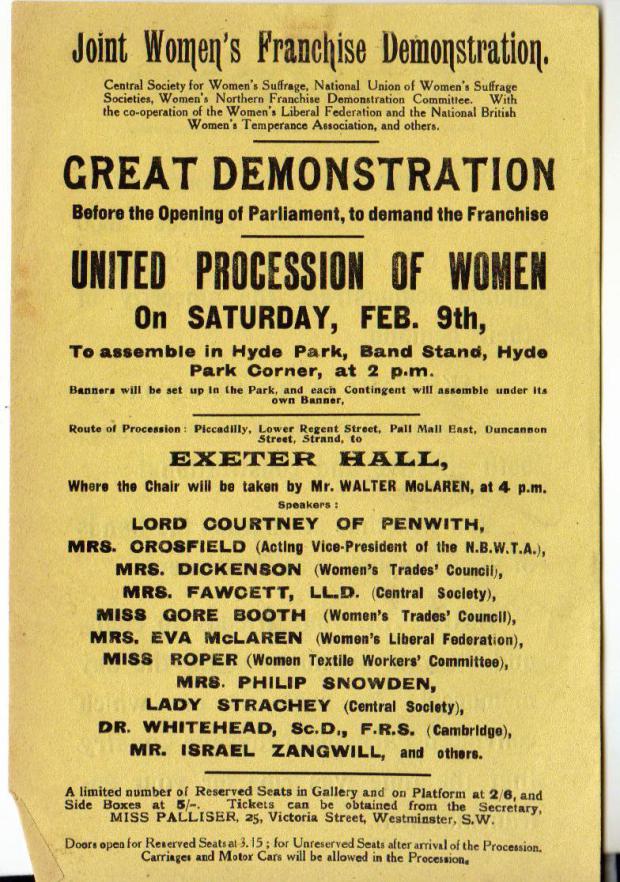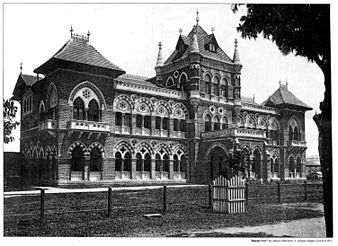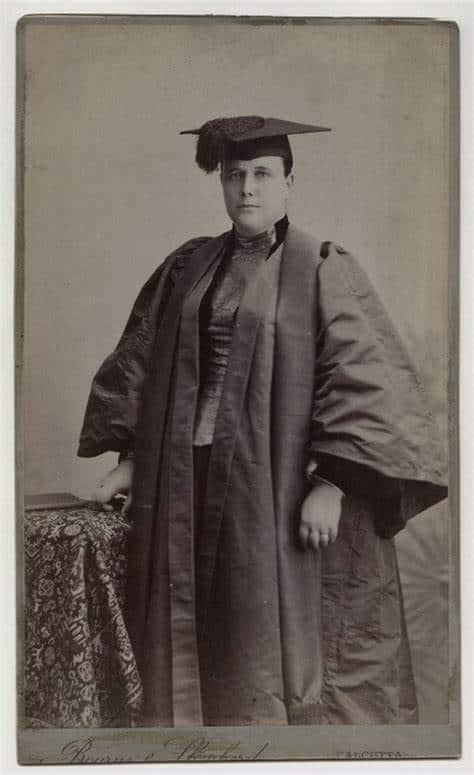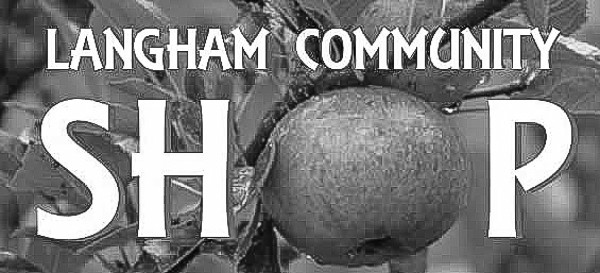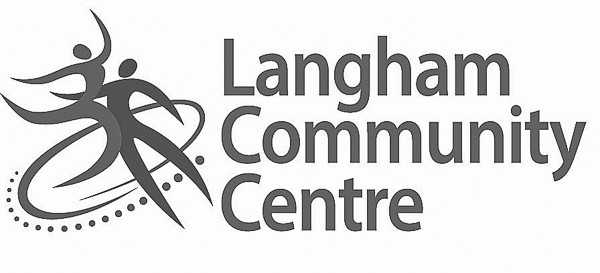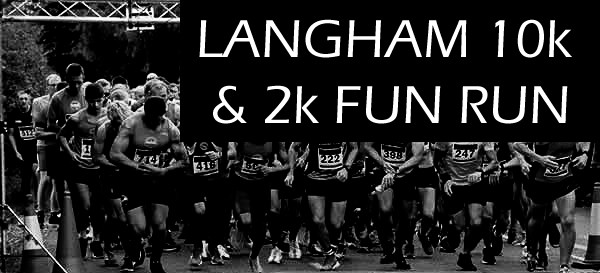LANGHAM
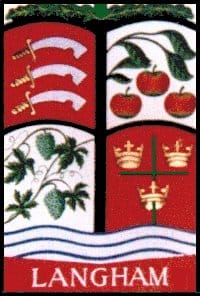
MARY EDITH PECHEY
MARY EDITH PECHEY
7 October 1844 - 14 April 1908
The Manse/Highfields, Dedham Road, 1845 - c.1875
7 October 1844 - 14 April 1908
The Manse/Highfields, Dedham Road, 1845 - c.1875
Mary Edith Pechey was born to William Pechey, Baptist Minister, and his wife Sarah, née Rotton, in either the manse adjoining the Baptist Chapel or a house near to or adjoining Highfields (now Whalebone House). William Pechey was an MA in Theology and her mother was exceptionally well educated for a woman of her time and so she was taught at home by her parents.
In 1869, after a period teaching privately, Pechey was one of the ‘Edinburgh Seven’, the first female medical undergraduates at a British university, encountering fierce hostility culminating in a riot by male students. Pechey qualified for a prestigious scholarship but was denied it for fear of offending her male peers. This blatant injustice engendered widespread public outrage but, despite successfully completing their courses, the ‘Edinburgh Seven’ were forced from the university without graduating.
Obtaining an Irish midwifery licence, Pechey practised in all but name as a physician at the Birmingham & Midland Hospital for Women. She then went to Bern University, where she qualified as Doctor of Medicine. By then the Irish College of Physicians had begun to license women and she registered as a physician in Dublin in 1877.
With her Irish registration, Pechey was admitted to the General Medical Register, only the third woman to be so. She practised in Leeds, where, refused access to hospitals and the Public Dispensary, she set up her own dispensary for impoverished women and children.
In 1882 Pechey was appointed Senior Medical Officer of the Cama Hospital in Bombay (Mumbai), the first hospital in the world exclusively for women, staffed by women. During her twenty-one years at the Cama, she won equal pay and rights for female doctors and nurses and campaigned for women’s education and against child marriage and the forced remarriage of widows. In 1889 she married Herbert Musgrave Phipson, a prominent reformer, with whom she founded the Pechey-Phipson Sanatorium for poor women. Deteriorating health occasioned her retirement from the Cama in 1894 but she continued vigorously to promote the advancement of women in India.
Pecheyreturned to England in 1905 and, in spite of diabetes, became an active campaigner for women’s suffrage. She was in the van of the famous London ‘Mud March’ of 1907 but was already terminally ill with cancer and died a year later at her home in Folkestone.
On 7 October 2022, the 177th anniversary of Pechey’s birth, Rear Admiral Roy Clare CBE, Vice Lord-Lieutenant of Essex, unveiled a plaque at the Langham Community Centre to commemorate this notable daughter of Langham. The plaque was funded by the Langham Parish Council on the initiative of the Essex Women’s Commemoration Project and the Langham Heritage Group.
In 1869, after a period teaching privately, Pechey was one of the ‘Edinburgh Seven’, the first female medical undergraduates at a British university, encountering fierce hostility culminating in a riot by male students. Pechey qualified for a prestigious scholarship but was denied it for fear of offending her male peers. This blatant injustice engendered widespread public outrage but, despite successfully completing their courses, the ‘Edinburgh Seven’ were forced from the university without graduating.
Obtaining an Irish midwifery licence, Pechey practised in all but name as a physician at the Birmingham & Midland Hospital for Women. She then went to Bern University, where she qualified as Doctor of Medicine. By then the Irish College of Physicians had begun to license women and she registered as a physician in Dublin in 1877.
With her Irish registration, Pechey was admitted to the General Medical Register, only the third woman to be so. She practised in Leeds, where, refused access to hospitals and the Public Dispensary, she set up her own dispensary for impoverished women and children.
In 1882 Pechey was appointed Senior Medical Officer of the Cama Hospital in Bombay (Mumbai), the first hospital in the world exclusively for women, staffed by women. During her twenty-one years at the Cama, she won equal pay and rights for female doctors and nurses and campaigned for women’s education and against child marriage and the forced remarriage of widows. In 1889 she married Herbert Musgrave Phipson, a prominent reformer, with whom she founded the Pechey-Phipson Sanatorium for poor women. Deteriorating health occasioned her retirement from the Cama in 1894 but she continued vigorously to promote the advancement of women in India.
Pecheyreturned to England in 1905 and, in spite of diabetes, became an active campaigner for women’s suffrage. She was in the van of the famous London ‘Mud March’ of 1907 but was already terminally ill with cancer and died a year later at her home in Folkestone.
On 7 October 2022, the 177th anniversary of Pechey’s birth, Rear Admiral Roy Clare CBE, Vice Lord-Lieutenant of Essex, unveiled a plaque at the Langham Community Centre to commemorate this notable daughter of Langham. The plaque was funded by the Langham Parish Council on the initiative of the Essex Women’s Commemoration Project and the Langham Heritage Group.
